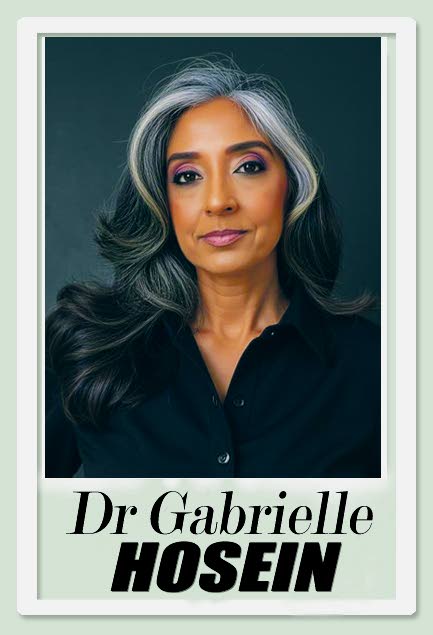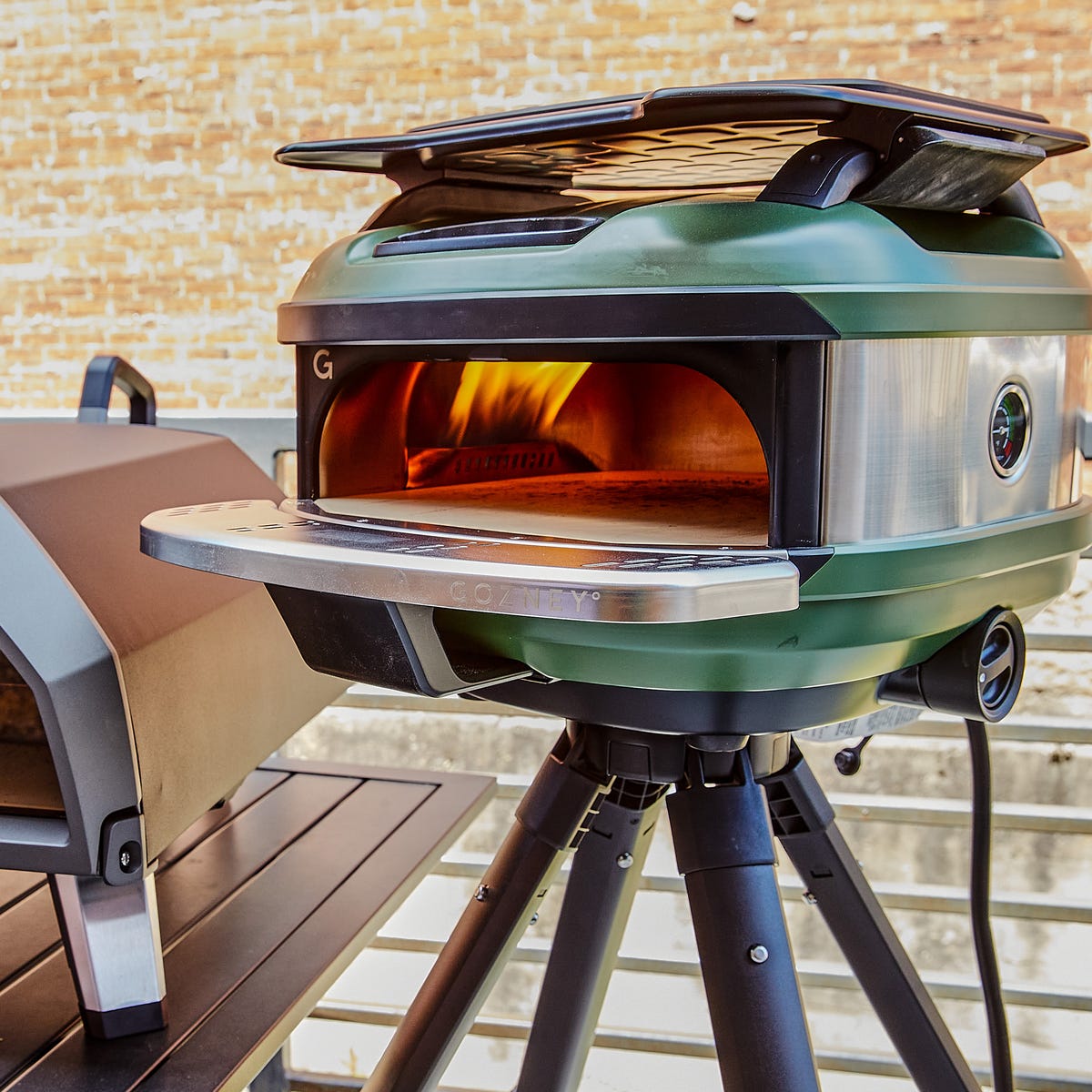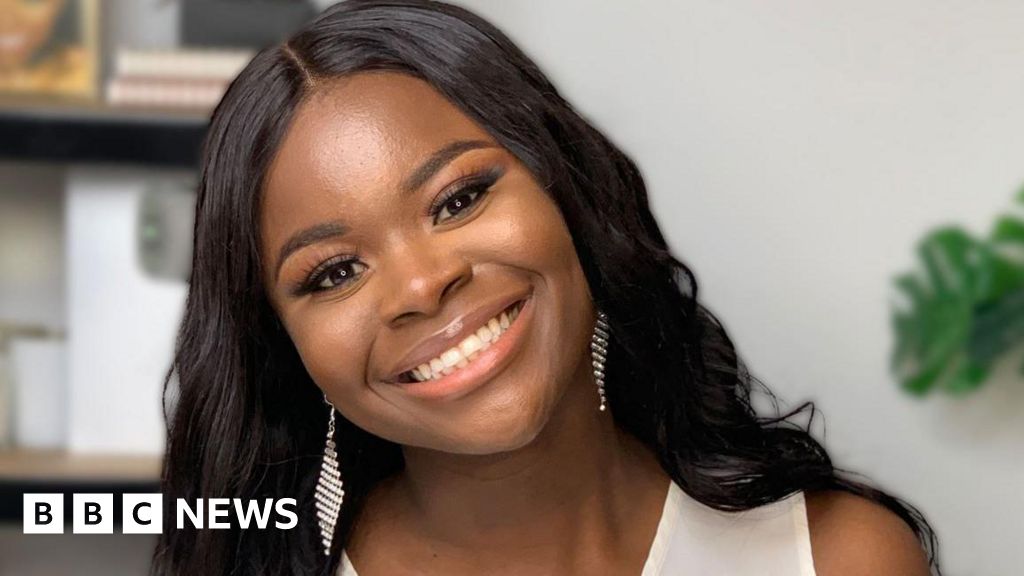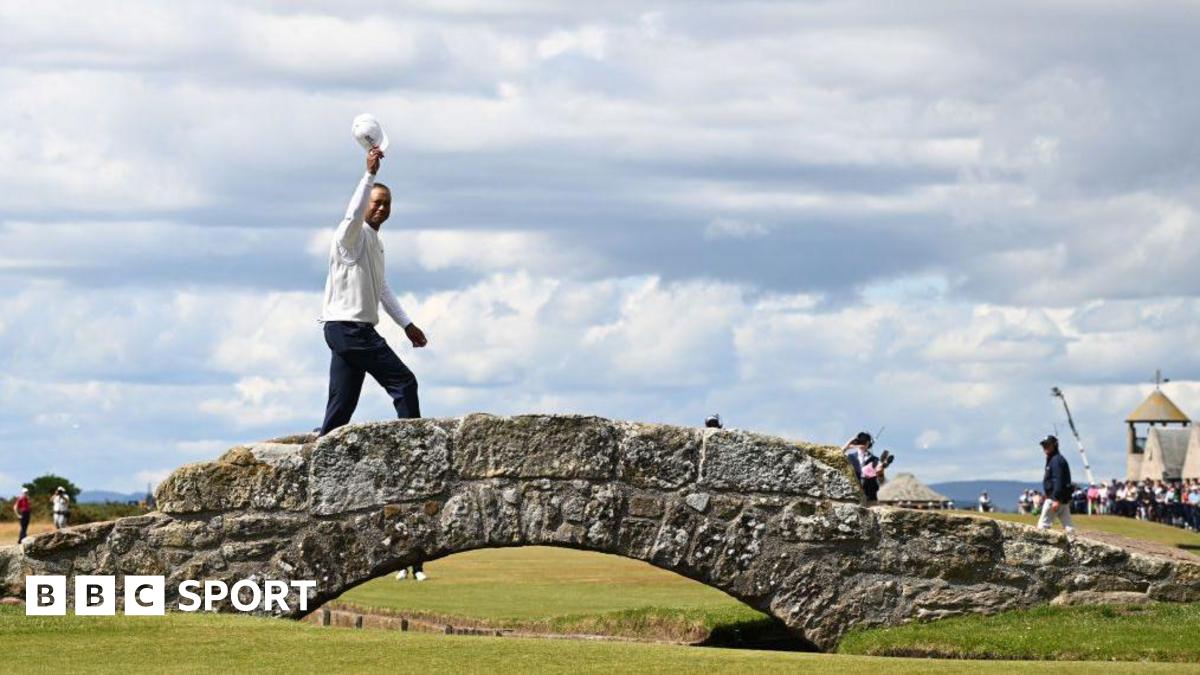Copyright newsday

WHEN PURSUING foreign policy, the US seeks co-operation in the way that a bandit breaks into your house, puts a gun to your head, and tells you that you have a choice. So Trinidad and Tobago found itself in the middle of global geopolitics today. At the time of writing on Tuesday, October 28, 9 am, Venezuela has announced it will suspend and withdraw from gas agreements with TT. Except for Guyana, from which it aspires to annex the oil-rich Essequibo region, it has a history of generous relations with the Caribbean. Rightly, it has accused the TT government of “a hostile stance motivated by a desire to seize Venezuelan oil and gas resources.” Few understand what Prime Minister Kamla Persad-Bissessar is thinking. This is because the UNC, now in government, has failed to develop a professional and timely communication modus operandi attuned to public sentiment. A PNM-biased rumour mill also escalated since the election, filling this gap, and fomenting racialised distrust of, in columnist Tony Fraser’s words, “Indo-Trinidad taking over.” In allowing panic to develop in the absence of official explanation, the Prime Minister has lost her unifying connection with and leadership of a divided nation. Indeed, declaring that we do not need Venezuelan gas seems a loss of reality, like other right-wing statements for which the PM bears personal responsibility. The world has seen President Trump impose tariffs and other punishments overnight, raining blows like thieves about to ransack your house. The latest are the threats of 25 per cent and 50 per cent tariffs, and sanctions, aid withdrawal, and visa revocations and bans nearly imposed on Colombia because President Gustavo Petro stood up to the US regarding deportations. He didn’t say Colombia wouldn’t receive returnees, just that they should be returned “with dignity and respect.” He has also been publicly critical of Trump, US support for Israel’s genocide of Palestinians, and US propaganda regarding “narco-terrorism” – calling the obliteration of 14 small boats, allegedly with drug traffickers onboard, war crimes. Could TT withstand such blows? One imagines that the TT Prime Minister was also promised access to Venezuela’s resources under a US-backed Maria Machado regime, and multifaceted US support for reducing drug- and gang-related crime – revitalising the country’s tanked economy and reducing Trinidad’s runaway murder rate. Both would have been political wins. But it’s been a gamble in which we have no aces, problematic principles, and questionable strategy. The TT PM began by backing US defence of Guyana (well, Exxon) in its territorial dispute with Venezuela, but then lost some of the plot when, whether to show ideological loyalty or out of public sentiment miscalculation, she approved of the US military killing all traffickers “violently,” supporting extra-judicial murder and unilateral violation of international law. The public became increasingly worried and incensed over these killings. The region is rightly hostile to militarisation of our sea, including with the largest warship in the world representing the menace of “gunboat diplomacy.” We have fearlessly identified the US agenda for Venezuela as violent colonisation, akin to Columbus’ invasion 500 years ago and resting on the 1823 Monroe Doctrine which established a policy of Yankee imperialism over Latin America and the Caribbean – with disastrous consequences for Haiti, Guyana, Cuba, Chile, Grenada, Nicaragua, and more. Caribbean countries have long-standing security co-operation with US agencies, so the Pentagon’s agenda is constantly being rolled out with Caricom support. This full-scale military confrontation, however, is unprecedented. Citing TT’s security challenges which prevent realisation of this ideal, the PM broke ranks with Caricom leaders calling for the region to remain a zone of peace. This is a politically, historically, and emotionally compelling aspiration, introduced by revolutionary Grenada, and adopted by the General Assembly of the Organization of American States on October 31, 1979. Venezuela’s resources, exports, and location make it a strategic ally for China. This grab is part of a hemispheric and global strategy of Chinese containment. Despite repeated assurances that TT does not support any attempt by the US to destabilise Venezuela or seek regime change, and maintains peaceful relations, this simply does not ring true. We are the Caribbean base for unprovoked warmongering to secure absentee ownership of a sovereign nation, and an escalated assembling of the Americas around US supremacy – with Haiti and Cuba on the radar. Peace is critical to our region. Every day Caribbean people’s dream of everlasting peace remains a foundation for all that is right and just. Where we have a choice to defend it from threat, however we can, we must. Diary of a mothering worker motheringworker@gmail.com



